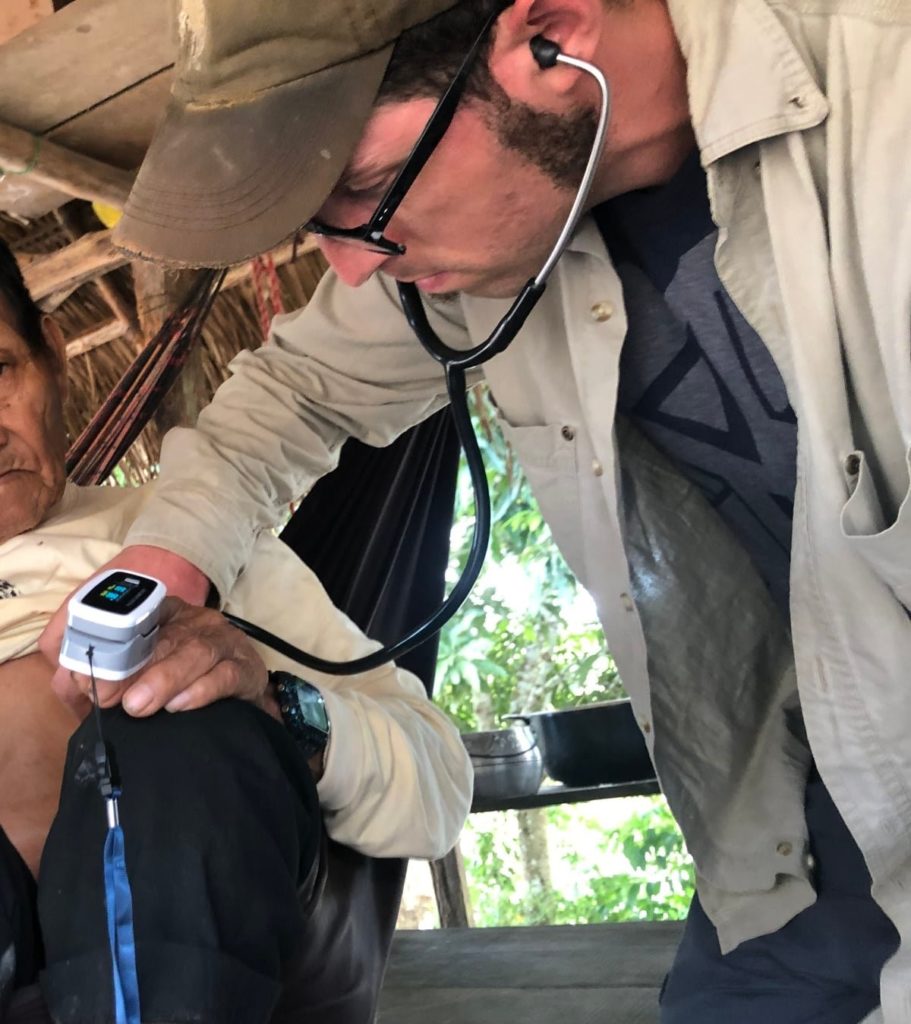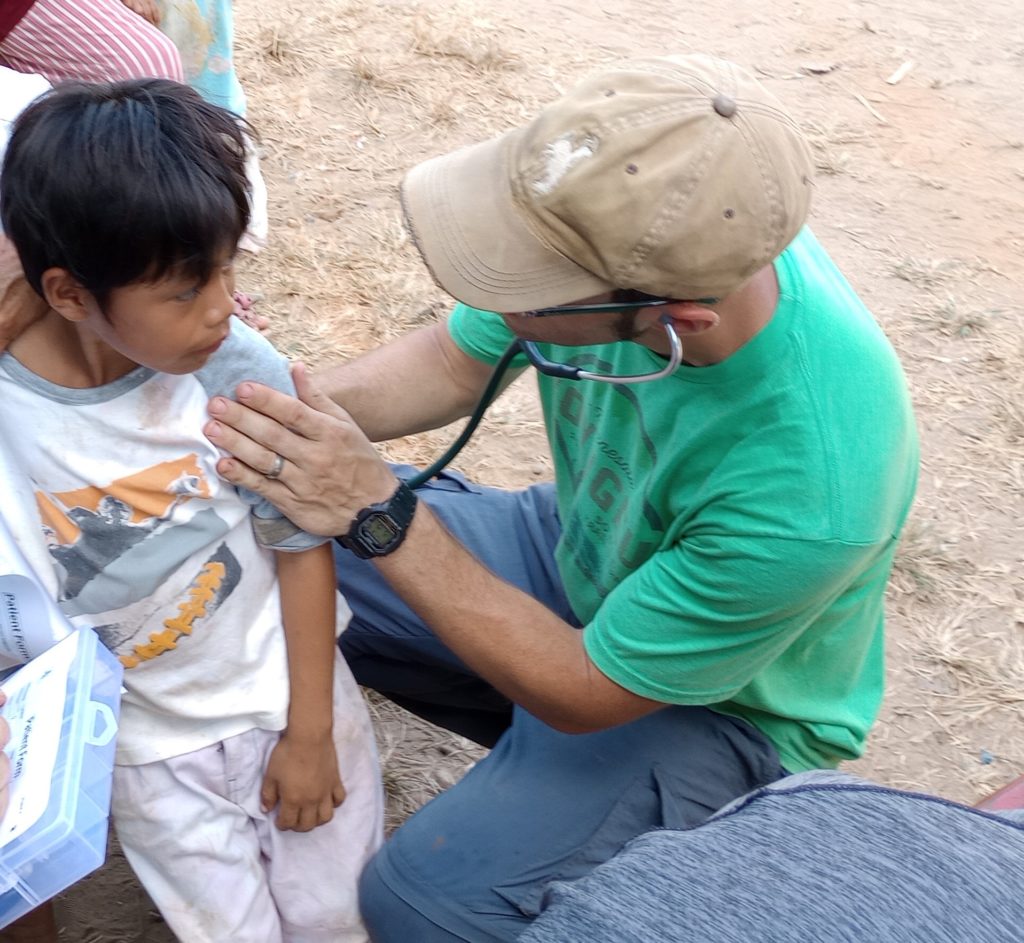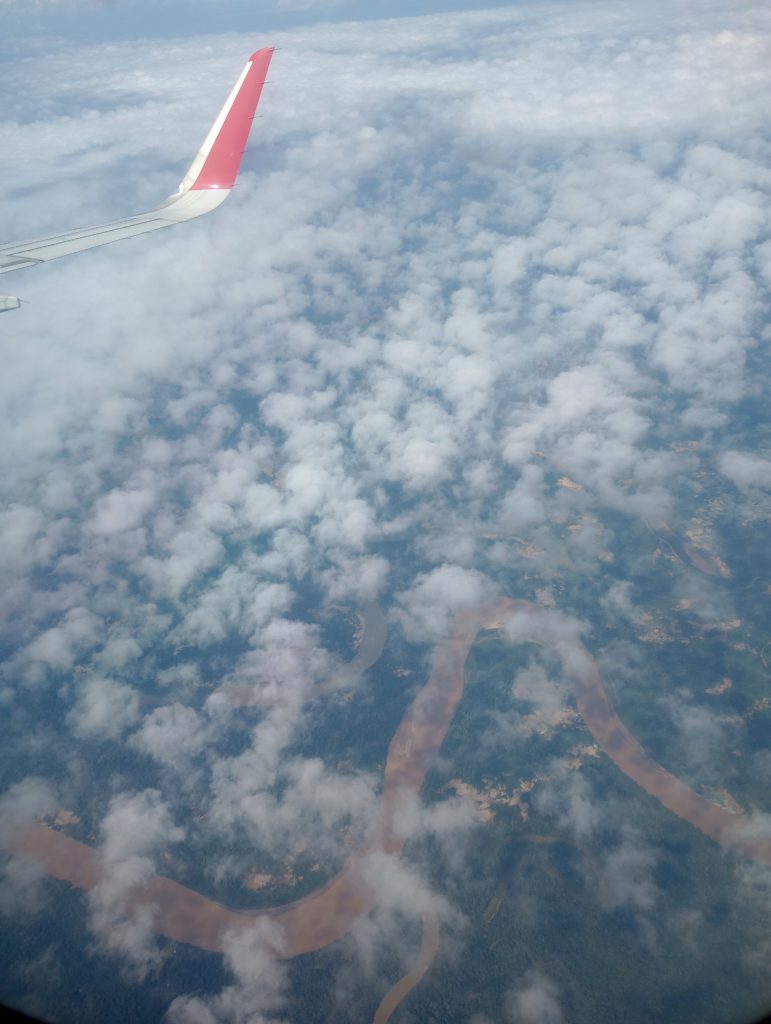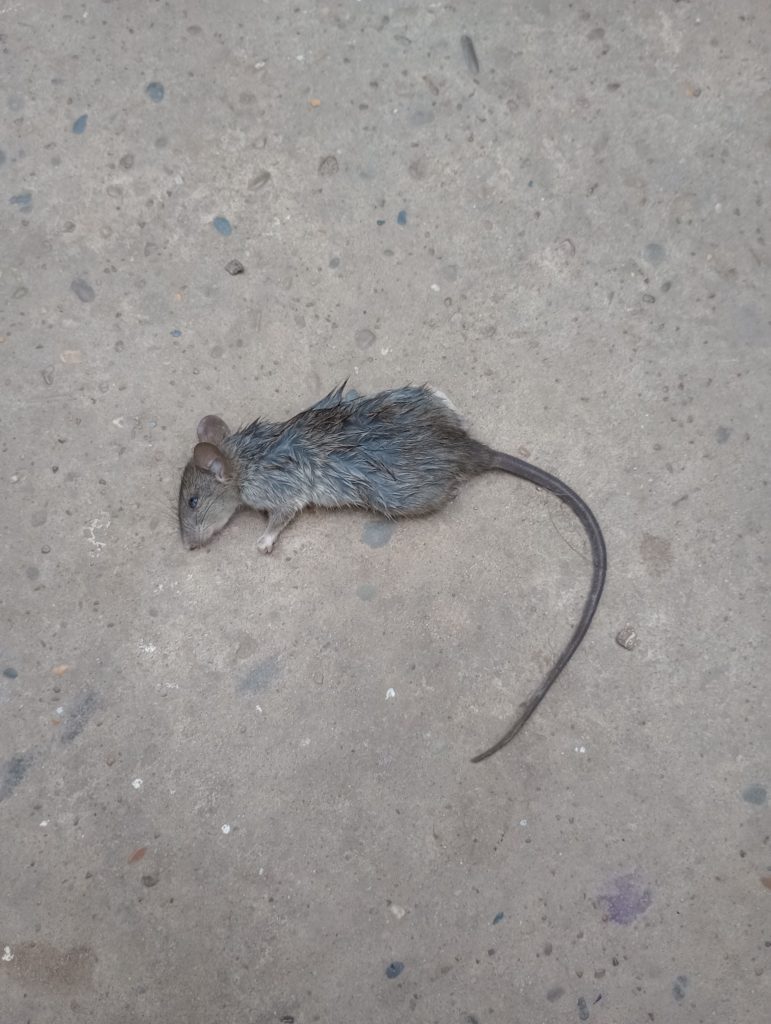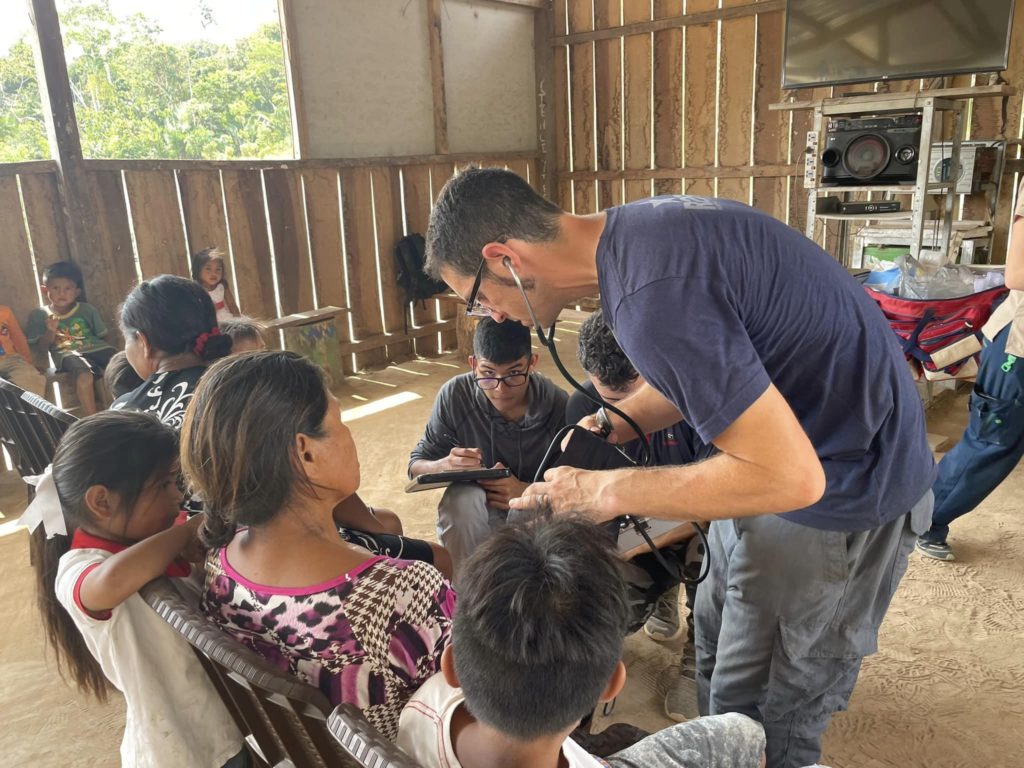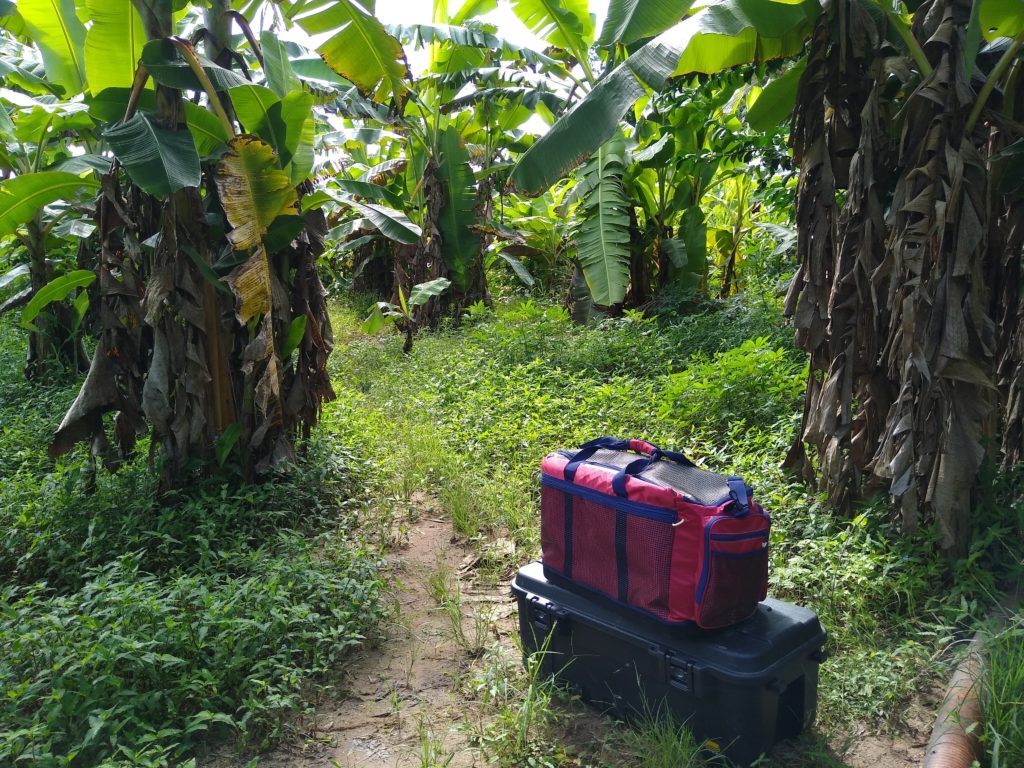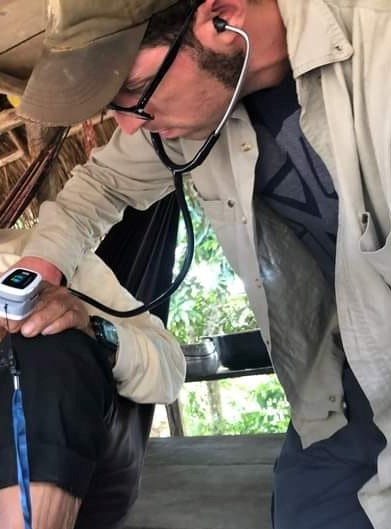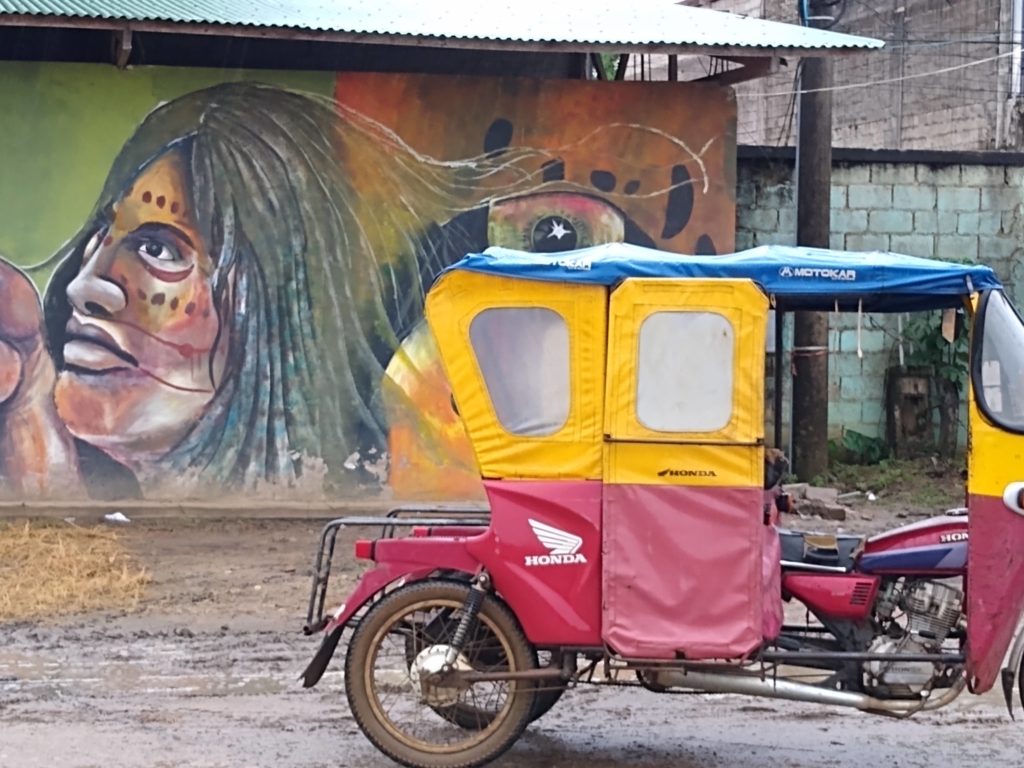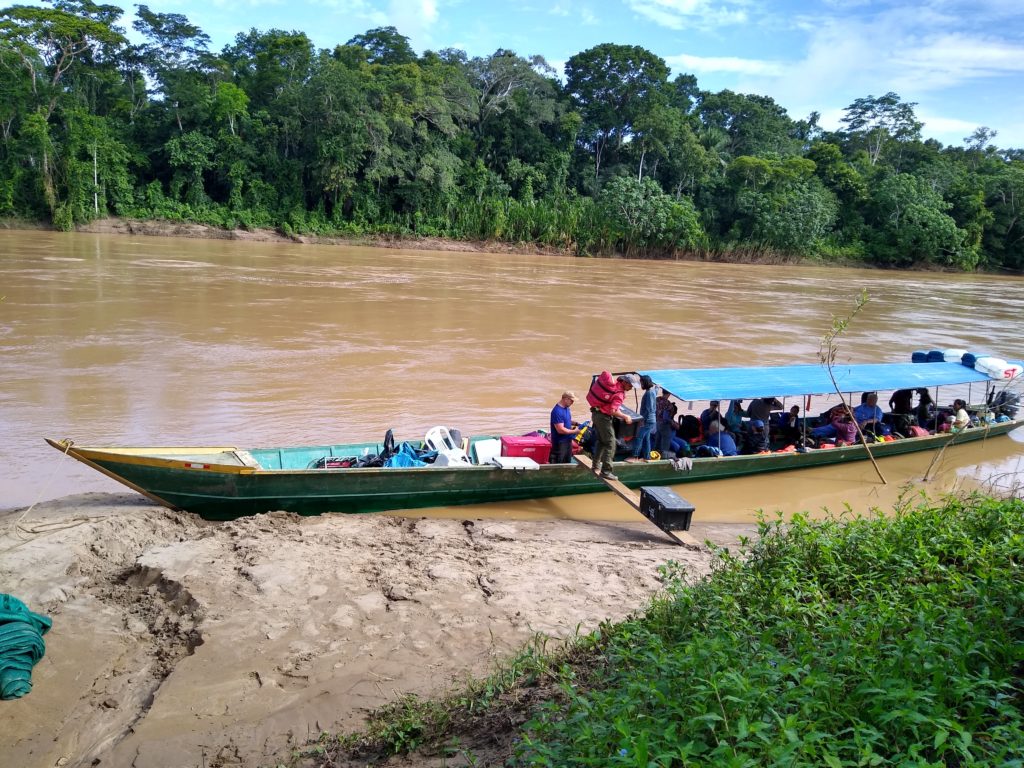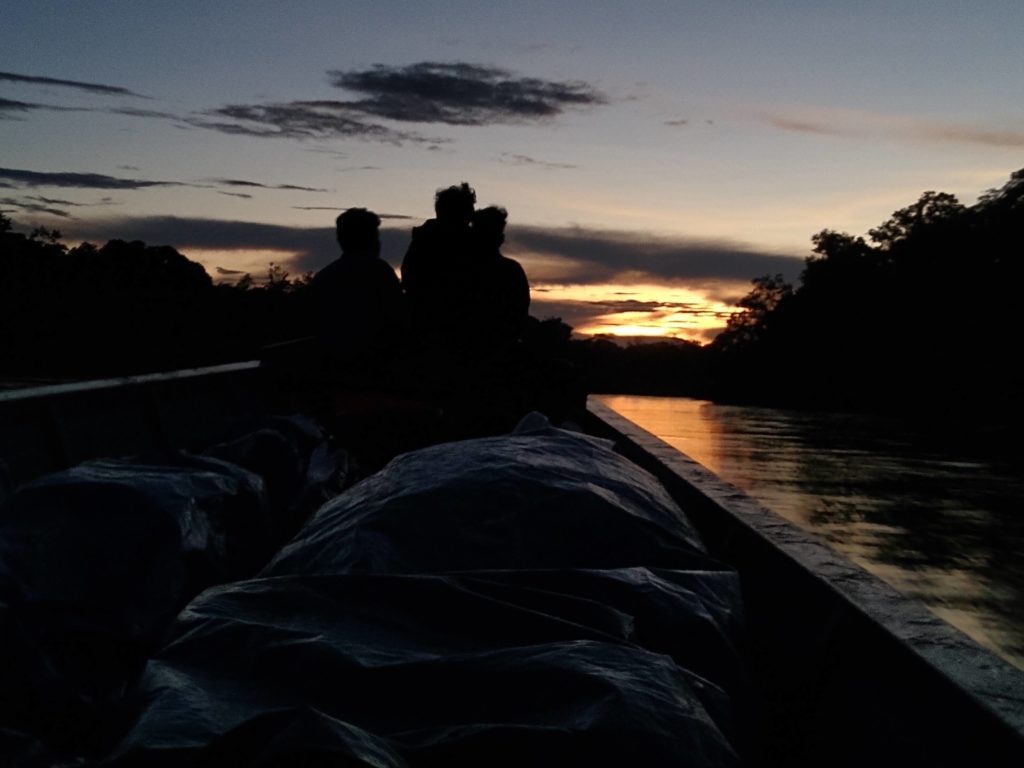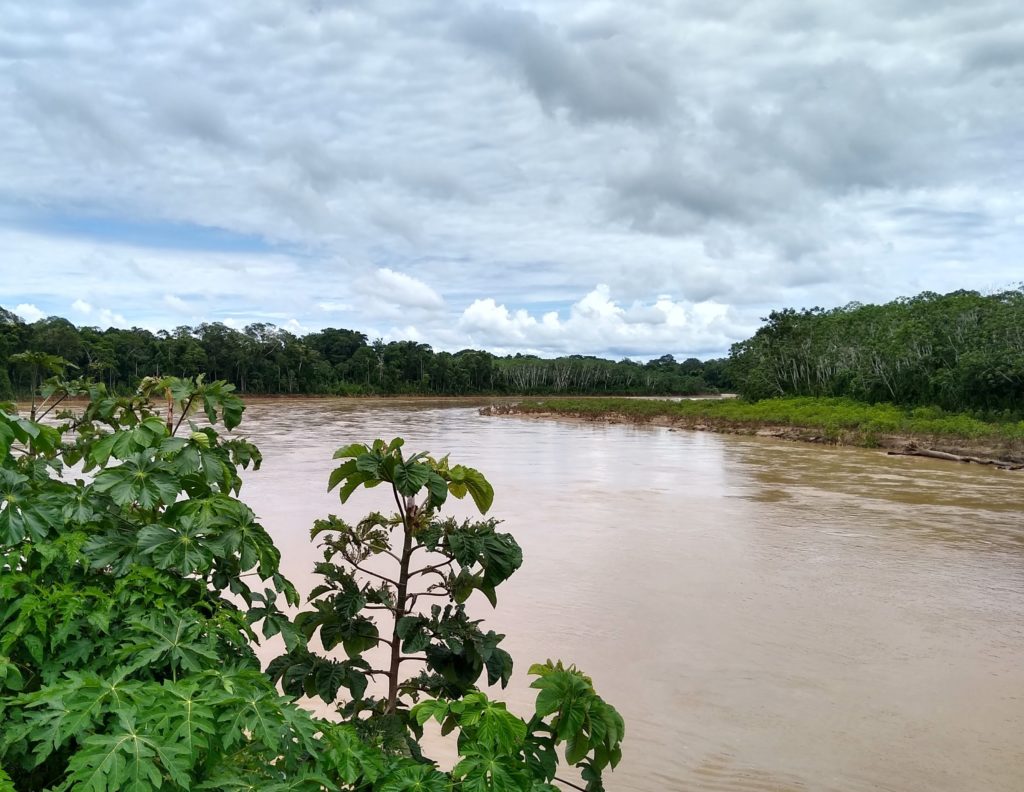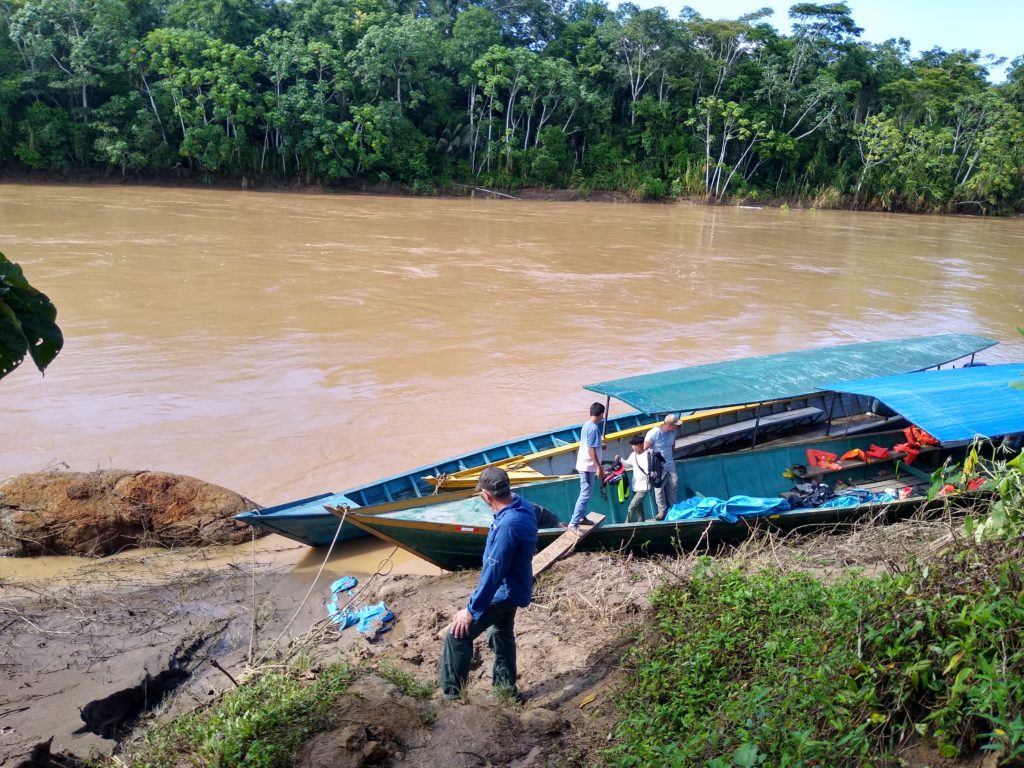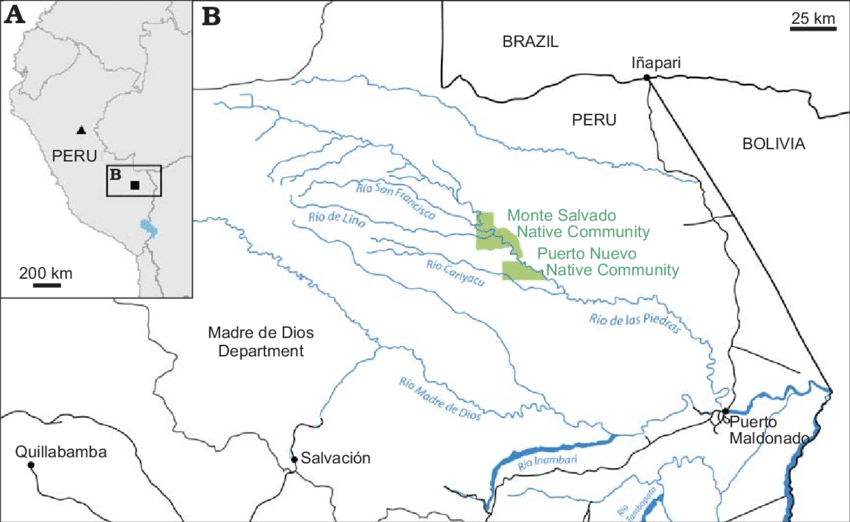
Travel Journal, 138
Summary:
Once a year I travel to Peru to work with local missionaries on a Medical Campaign in the jungle. We spend several days prepping, then six days providing medical care and speaking the truth of the Gospel to the people along the Las Piedras River in southeastern Peru.
Where are we going?
To put it frankly? Off the map. Our team will be traveling along the Las Piedras River for 6 days. We will take a long canoe-like boat roughly 250 miles up the river to the village of Monte Salvado, which boarders the Madre de Dios Territorial Reserve. This reserve is kind of a mix of national park/natur preserve/tribal reservation. It is home to a couple of uncontacted people groups, one of which is the Maschco Piro. The people along the river are part of the Yine tribe. Their primary language is Yine, but most do speak Spanish.
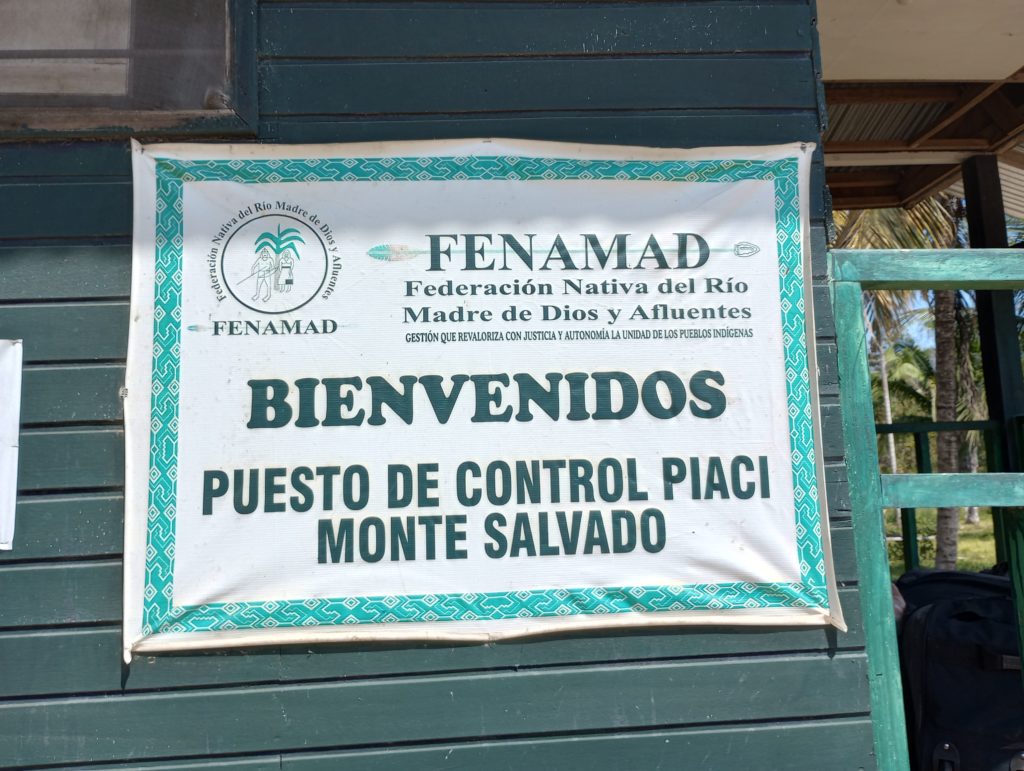
What are we doing?
The team will set up a mobile clinic and treat patients. And we will do that in seven villages on the way back to Puerto Maldonado. During this time, our evangelism team as well as the local missionaries preach, disciple, and distribute Gospel materials.
Prep days:
An important prerequisite for setting up mobile clinics in the jungle is the preparation. And that starts months in advance with finding the right teammates. God has blessed us with a solid team of physicians, nurses, physical therapists, dentists and techs, paramedics, and support members. This year, it’s looking like we’ll have around 20 people from all over the States and Peru. Gear and medication prep begins when we land in Puerto Maldonado. We will spend a couple of days organizing medication, camping gear, food, and other equipment. It all gets loaded up into a long boat and our trip begins.
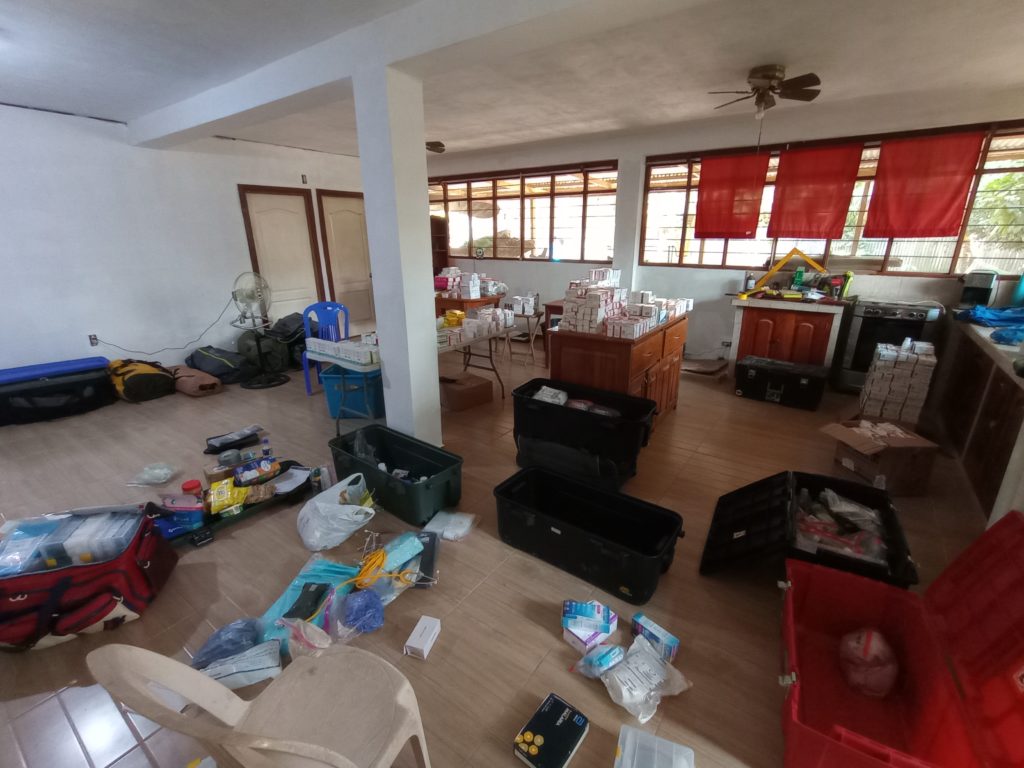
The Goal:
Obviously we’re here to provide much needed medical care. It is very difficult and often cost prohibitive for these people to get healthcare. But as we are treating bodies, we are also treating souls. Our goal is to spread the Good News of Christ to a people in great need. While caring for them we are pointing them to the Great Physician.
Duration:
I will be leaving on Thursday, the 22nd of February and arrive in Puerto Maldonado on Friday morning. The first couple of days being prep, we will leave for the jungle on Monday the 26th. I will be back in the States on the 4th of March.
How can I get involved?
Pray. Please consider praying for and during the medical campaign. You might think, “oh I should send money or maybe even get some training and go.” And those are certainly things that can be done. But prayer is the most important work. And prayer not just something to help with the work.
Prayer IS the work. It is the means by which we worship God. Prayer brings us before Him. It unifies all of Christianity. It is a mystery of supernatural goodness that cannot be ignored. If you want to be involved in the 2024 Peru Medical Campaign, please pray.
anthony forrest
